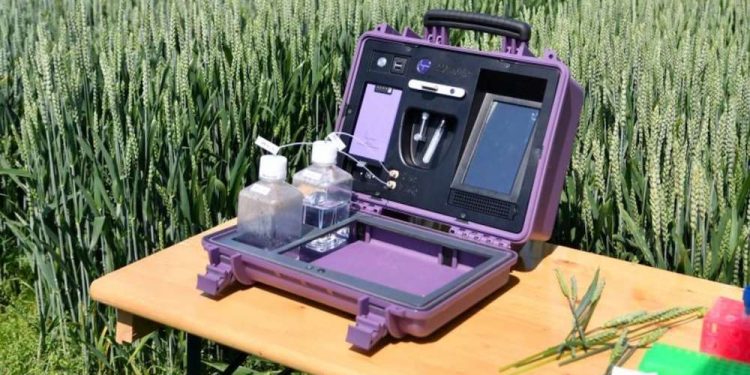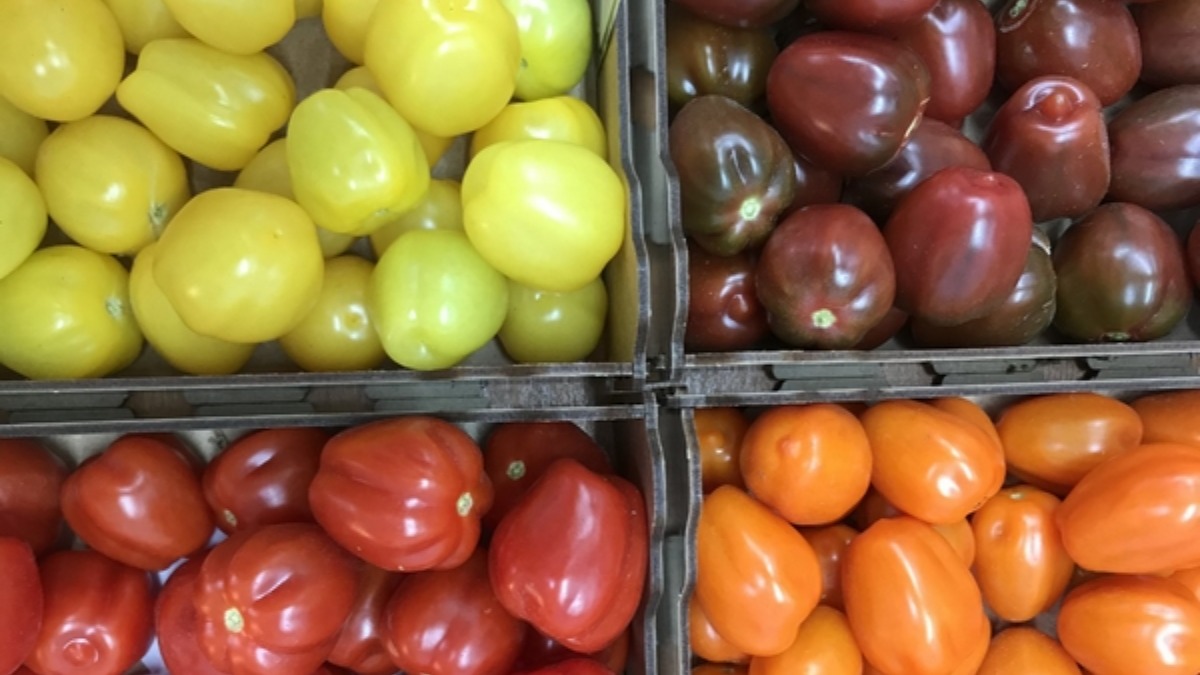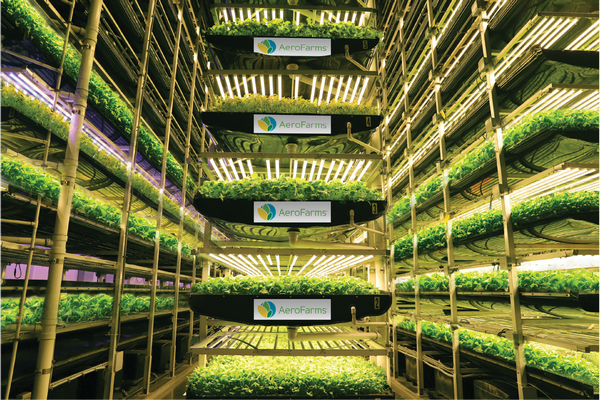Pollen viability plays a critical role in plant breeding and seed production. In plant breeding, determination of pollen viability, pollen count and pollen shedding dynamics are important parameters for germplasm phenotyping. In seed production, hand pollination is costly and time consuming, and pollen quality must be checked. Therefore, routine analysis and quality control of pollen is important for efficient resource allocation and data-driven decision making. Technology from the Swiss company Amphasys facilitates the systematic analysis of pollen.
In 2021, Amphasys launched the new generation Ampha P20 pollen analyzer to the global market. The portable and completely self-contained instrument is one of the first devices to analyze the quality of pollen outside the laboratory: in the greenhouse and in the field. In addition, this new generation of analyzers provides improved ease of use and fully automated data analysis.
Now, for the first time, short-lived pollen from crops such as wheat and corn can be measured directly in the field. This is a major step forward in breeding hybrids of these important staple crops, as it allows lines to be systematically characterized based on measured data.
The new Ampha P20 comes with crop-specific microfluidic chips and applications that enable automated data analysis and immediate results.










